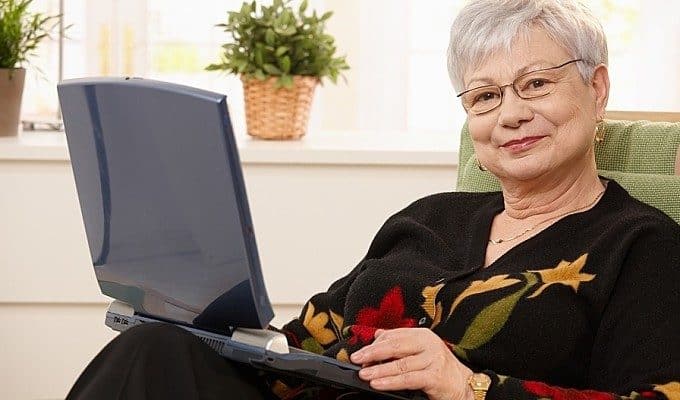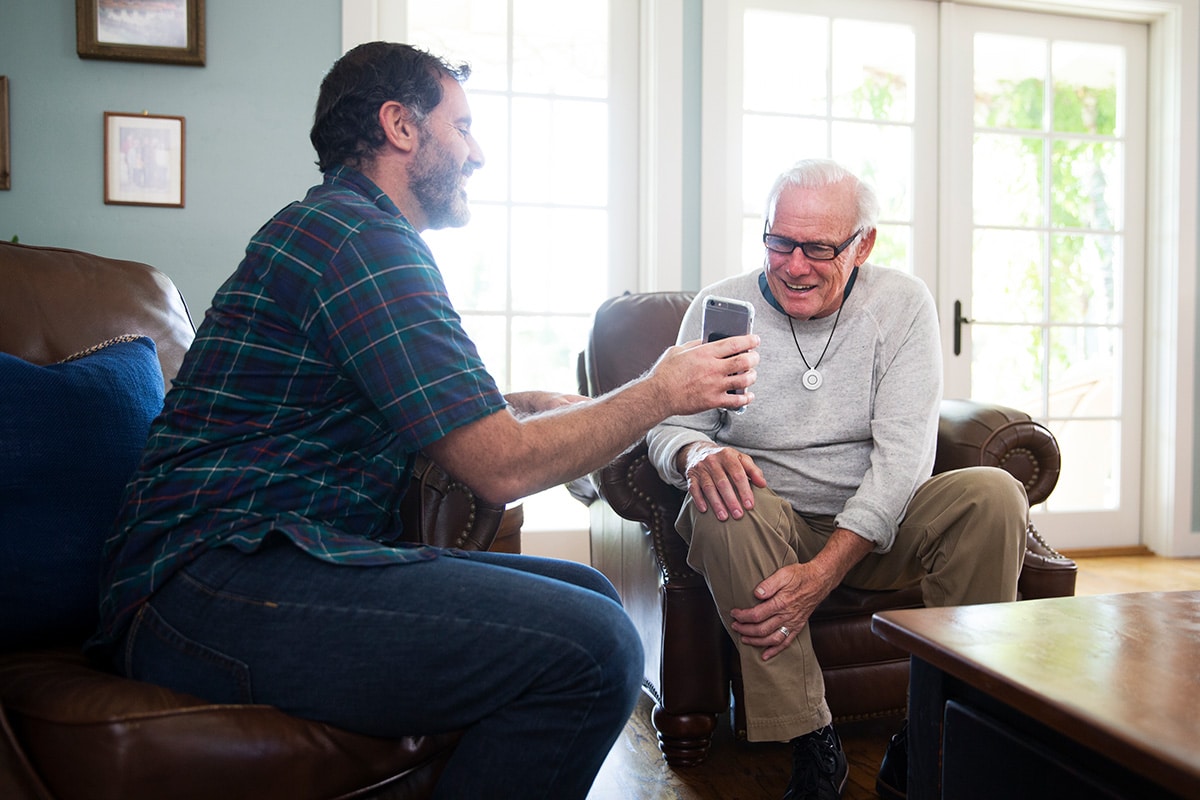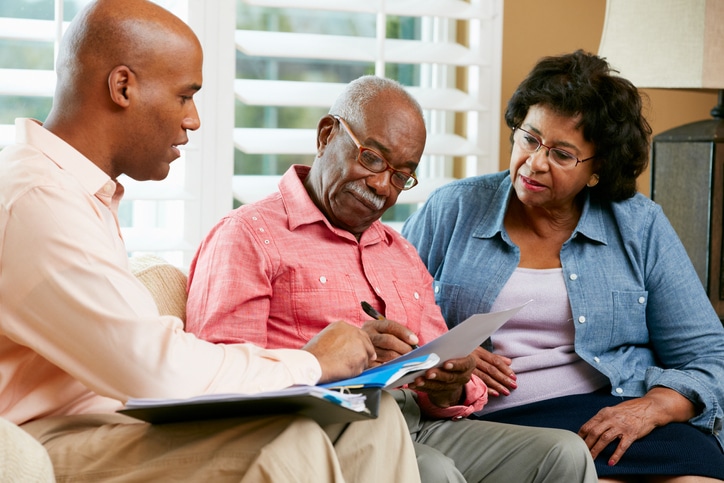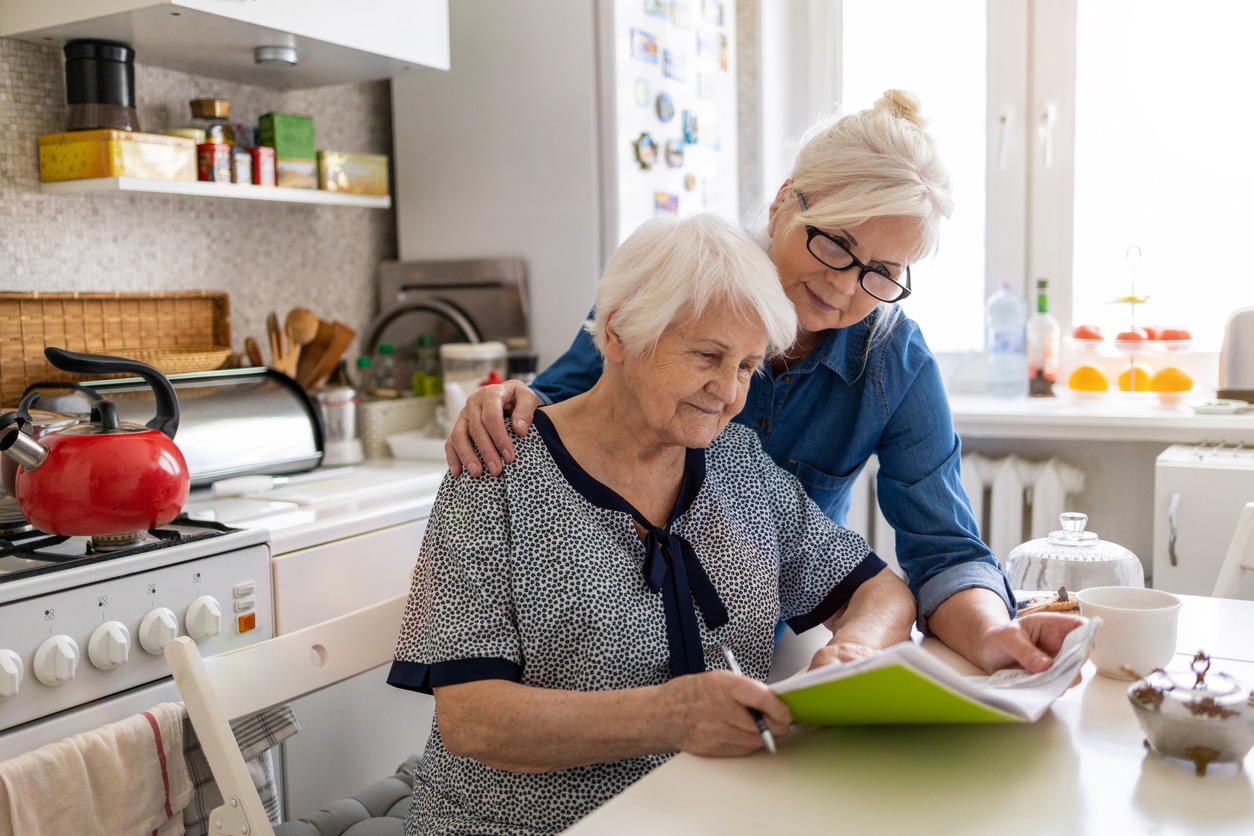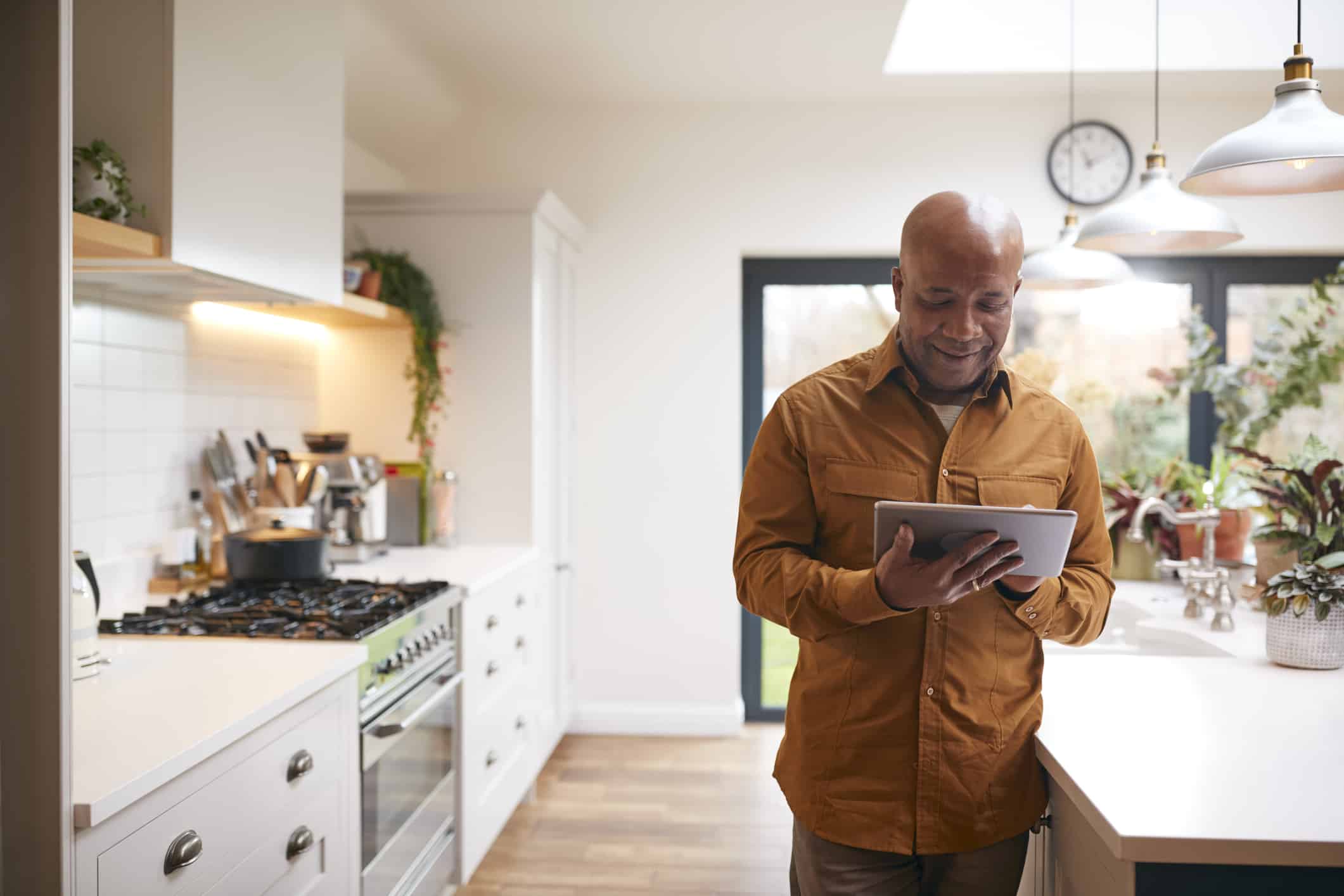No one likes the idea of a loved one ending up in long-term care, but how do you keep Mom or Dad living at home safely? And how do you keep yourself from losing sleep worrying about them? Here are a few ways the elderly living alone can get some help, providing you some peace of mind.
Home Health Assistance
If your loved one has a qualifying acute or chronic medical condition that warrants home health services, you may be able to get weekly nurse visits or even some assistance with bathing and basic daily activities of daily living. However, this typically does not include housekeeping or assisting with errands and is limited for the time the senior qualifies for home health per Medicare or insurance guidelines. To see if home health assistance is available, inquire with the senior’s primary care physician for a referral. Then a home health agency will assess to see if your loved one qualifies for services.
Nonmedical Services For Seniors
If your senior doesn’t qualify for home health — or even if she does, but not for extended care such as light housekeeping or meal preparation — there are agencies that specialize in providing nonmedical services. These services can be pricey, so you may also want to consider hiring someone privately — just be sure to thoroughly check references and even request a background check.
Don’t forget about the Meals on Wheels program, which provides meals to the elderly living alone. Their website helps you find your local program and contact information to inquire about services.
Cell Phone And Internet Access
A key component for senior independence is keeping communication lines open. If they don’t have them already, seniors should consider getting a cell phone and Internet access, in addition to a traditional landline. They can research and contact services by e-mail, as well as check in with family members online or while traveling.
Stay Safe With Lifeline
In addition to phone and Internet services, consider a medical alert system that your senior can wear at all times. Falls remain a serious safety risk for the elderly living alone, and a medical alert system allows your senior to access help with a simple push of a button.
Make sure to tour the home for safety hazards, such as cords or clutter in pathways and loose rugs that may slip. Also evaluate ease of access to the shower and potentially slippery surfaces. The installation of assistive bars makes the bathroom safer and can provide additional safety to one of the most common areas for falls and injuries.
Seniors want to remain as independent as possible for as long as possible, and with a little help from friends, family, and some additional services, your senior can live at home while you can feel safe that he will be able to get help when he needs it.
